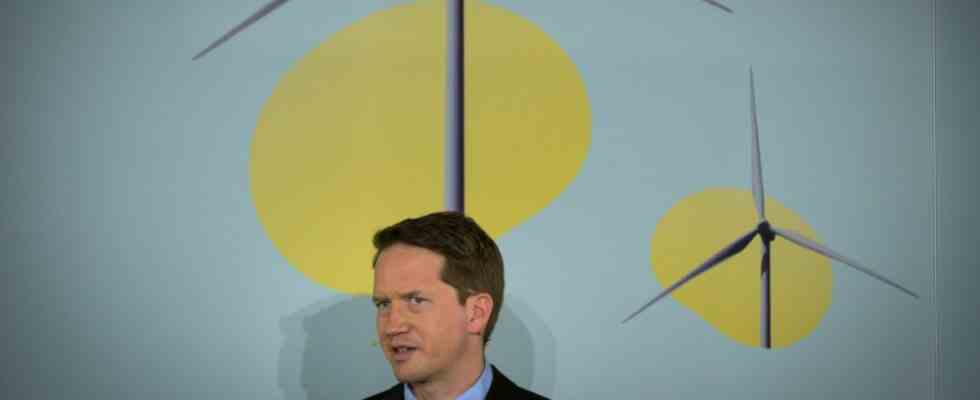It is well known that we are in a difficult situation because of the energy crisis, in which all citizens are required to save. “The topic is not only omnipresent in the media, but also affects us all in our own wallets.” With these words, Florian Schardt, district chairman of the SPD Munich-Land, opened the online discussion on Tuesday evening with the chairman of the management board of Stadtwerke München (SWM), Florian Bieberbach. He is a party friend of Schardt’s and has been a member of the Schäftlarner municipal council for the SPD since September. “Will we get through the winter warm and without blackouts?” asks Schardt, who is running in the 2023 state elections as a direct candidate in the Munich-Land North constituency. The Stadtwerke boss is optimistic that we are not facing an “absolute winter of crisis”, although the “ludicrous price increases” would have to be bridged.
Due to the purchase of liquefied natural gas from the Middle East and the USA, the supply situation, especially for gas, is relatively stable. This is also shown by the positive development of storage levels, which are over 95 percent full in Germany and over 90 percent in the EU. The Free State, which has long lagged behind the nationwide comparison, has also caught up. There, the memory is now 83 percent full. In his own words, this allows the Stadtwerke boss to sleep more peacefully. However, the problem remains that gas prices have increased about tenfold compared to the previous year. In addition to the total failure of the most important gas supplier Russia, this is due in particular to the fact that Europe has been in a price war for liquefied natural gas with Asia for a year.
“Europe was willing to pay more. The gas is then primarily lacking in China, where there is less willingness to pay,” explains Bieberbach. The Stadtwerke CEO therefore welcomes the gas price brake that the federal government has announced. “We can expect substantial relief for consumers, which will compensate for some of the additional costs. Nevertheless, there are still incentives to save and unanswered questions, such as how different apartment sizes are handled,” adds Schardt. Bieberbach advises consumers who currently do not have a gas contract to use the basic supply tariff in the short term. This is the cheapest option because you buy the gas at last year’s purchase prices.
“There is no reason to immediately suspect a blackout”
According to Bieberbach, however, the situation with electricity is more tense. “But there is no reason to immediately suspect a blackout.” According to Bieberbach, the high prices are due to the massive maintenance problems at nuclear power plants in France. These led to the Federal Republic exporting electricity to the neighboring country, which Schardt describes as a “paradox” given the normally high level of electricity production from nuclear power in France. In return, however, Germany benefits from the pipelines through which LNG (liquefied natural gas) flows into the country via France and the Benelux countries, according to Bieberbach.
The SWM boss finds it illusory that an excess profit tax could finance an electricity price brake, since the main beneficiaries of the high energy prices are based abroad. Instead, Bieberbach proposes a temporary increase in corporate tax, which would pay disproportionately high taxes to those who have benefited from the crisis, but will cushion the suffering companies.
With regard to the debate on nuclear power, the head of SWM, which holds a stake in the Isar 2 nuclear power plant, believes that stretching operations until the middle of next year make sense. Due to the known dangers, however, he sees no long-term future for nuclear power in Germany, says Bieberbach. On the other hand, he clearly sees this in renewable energies, especially wind power, hydrogen and geothermal energy. “For a long time, the region faced headwinds from federal politics, which dismissed geothermal energy as a special feature of southern Bavaria. We are still suffering from this today.” Politicians are now recognizing the great potential. Bieberbach does not want to make any predictions about Schardt’s question as to whether Germany will have an independent energy supply in the coming decade. Just this much: “Gas will probably not be as cheap as it used to be.” But in the medium term, prices would level out again around the level of production costs.

